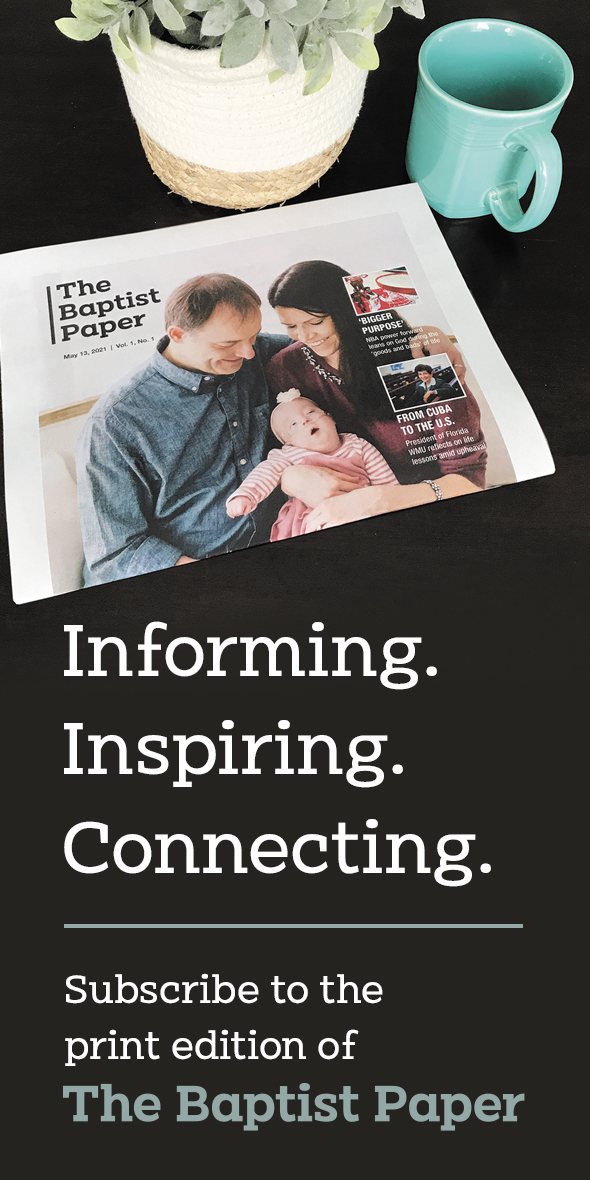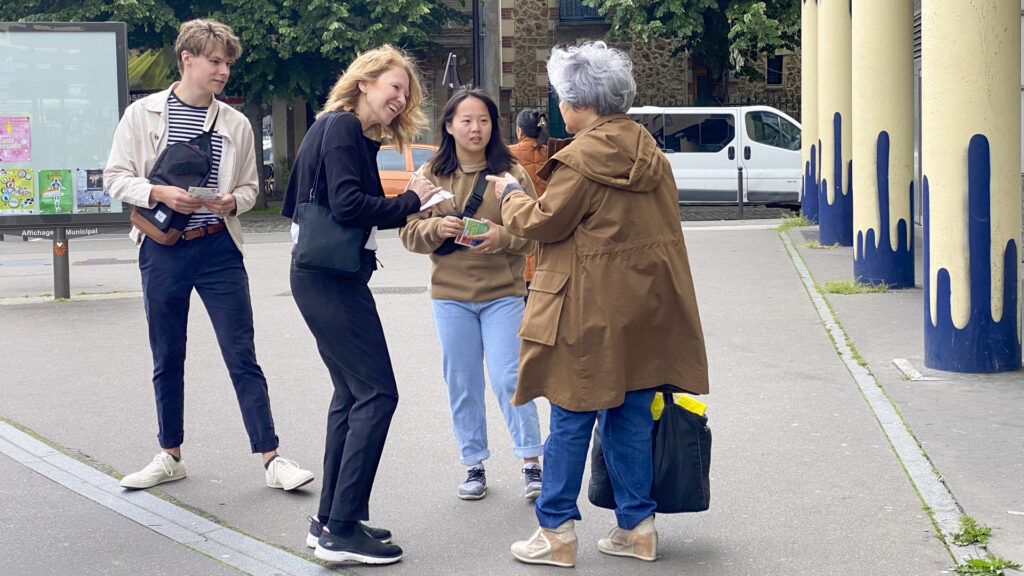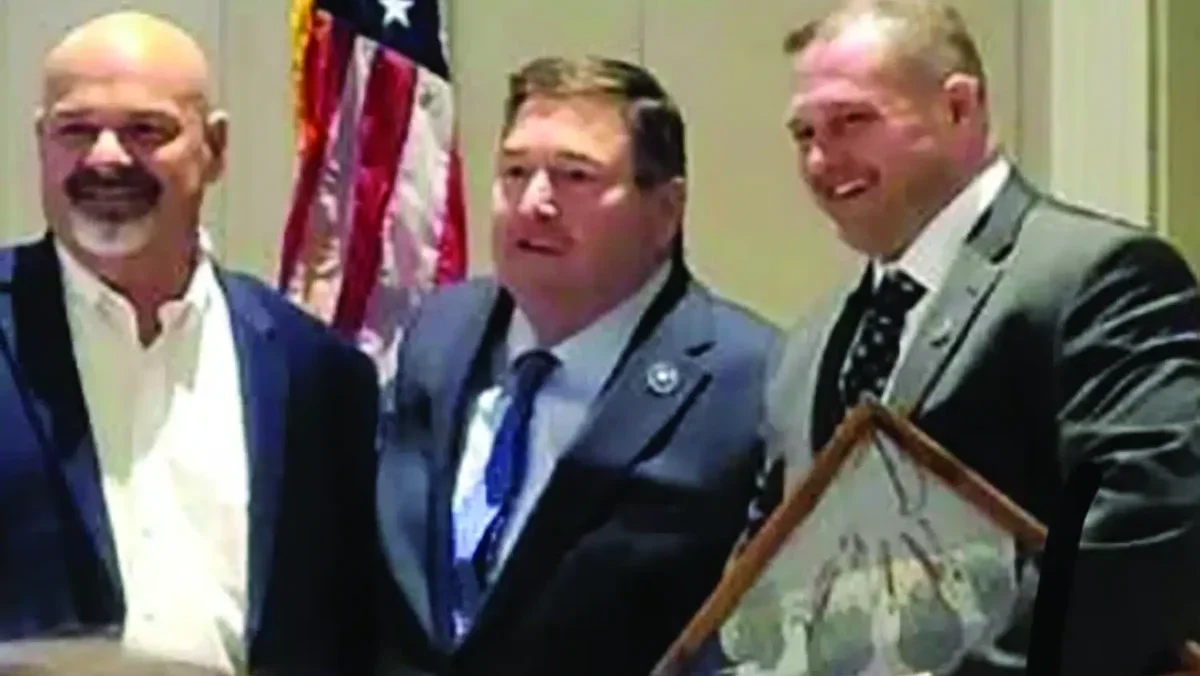In 1964, music producer Phil Spector commissioned songwriters Cynthia Weil and Barry Mann to write the song, “You’ve Lost that Lovin’ Feeling.” It was then recorded by the Righteous Brothers and became a No. 1 hit.
It is still popular six decades later. Tom Cruise sings it in the original “Top Gun” movie. At least five generations of people around the world are familiar with it. Its popularity goes on and on and on.
Why?
It speaks to our basic desire to have deep, meaningful, dependable, loving relationships — and the sadness we experience when this love is wounded or lost.
Is it possible your Baptist association has lost that lovin’ feeling?
The lovin’ feeling in Baptist associations is characterized by the word “interdependent.” An interdependent relationship is about churches depending on the gifts, skills and preferences of one another. They seek to fulfill the mission of God from the base of their fellowship of churches.
Healthy balance
It is about churches having that lovin’ feeling for one another.
It does not involve any church giving up its autonomy. Interdependence is a healthy balance of the unique call of God on each church, coupled with a desire to help one another reach our full Kingdom potential.
Meeting each other’s spiritual and strategic needs is of great importance. At the same time, it is a choice. No church is forced into an interdependent relationship. No one church defines what that relationship must look like.
Interdependence centers around the fulfillment of the Great Commission in the spirit of the Great Commandment. No one church can complete this task alone. It takes all of us.
Churches in association with one another cooperate to engage missions locally and globally — to invest deeply in cooperative ministries.
When a new church launches, multiple churches of various sizes, locations and demographics can come together to support the effort. One church takes the lead, but multiple churches can connect with the project.
The power of multiple churches praying for the new church launch is a great resource. Finances, expertise and volunteers come forward to support the new church.
Multiple congregations can share the same church facilities built through the sacrificial tithes and offerings of church members. This can happen both with new church launches and through location partnerships where existing churches share facilities.
Occasional
Churches are immediately motivated to depend on one another during a crisis. Experience a hurricane, tornado, major fire, flood, chemical spill, mass shooting or pandemic, and churches rally to the cause.
Have revival break out on a college campus or during an area evangelism event, and people rush to see, hear and feel the experience.
Does that mean interdependence only happens occasionally? Does it occur when our emotions are aroused but leave when the emotional atmosphere returns to calm — or when people are fired up, but no longer than it takes for the fire to burn out?
Lifestyle commitment
Genuine interdependence is not sporadic. It is ongoing and permanent. It is a core value of an associational family of churches.
Resources are shared. Collaboration in ministry takes place. A sense of community and belonging deepens. All churches are more effective, rather than just a few. Stories are shared about ministry significance that inspire one another for greater service.
By working together, churches in an interdependent association can accomplish more than they could on their own. They can also provide support and encouragement to each other. They can learn from one another’s experiences.
Call to action
What is the evidence your churches in association have that lovin’ feeling for one another? Are you a synergistic family of churches who are together making a bold impact for God’s Kingdom from the base of your city, county or region?
Is interdependence ongoing or sporadic, deep or shallow, talked about as something you ought to do or really happening? If it is sporadic, shallow or just talk, what is the first step you will take to claim the interdependent character of your association?
What is the name of the first church to whom you will reach out for mutual interdependent ministry?










